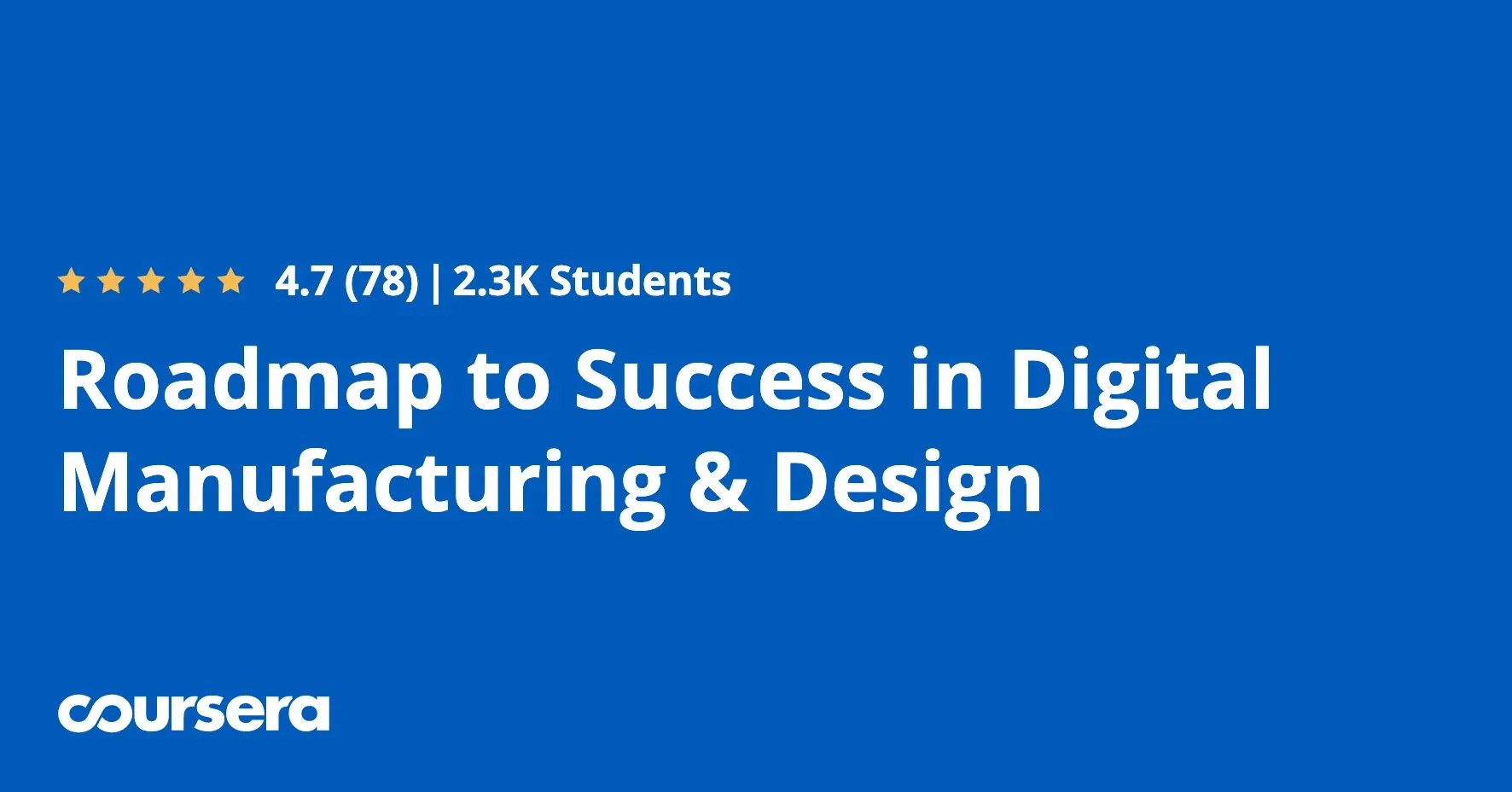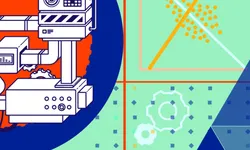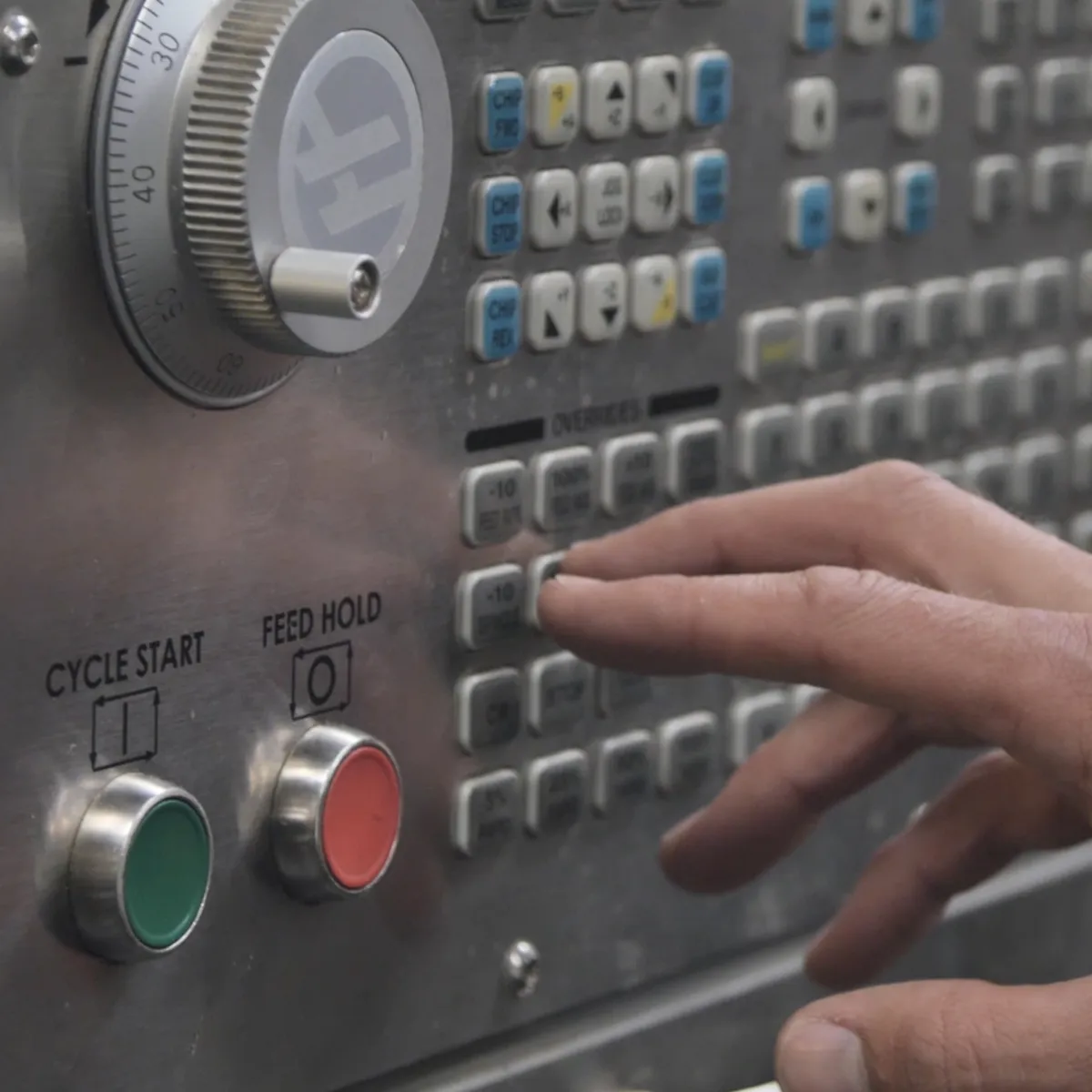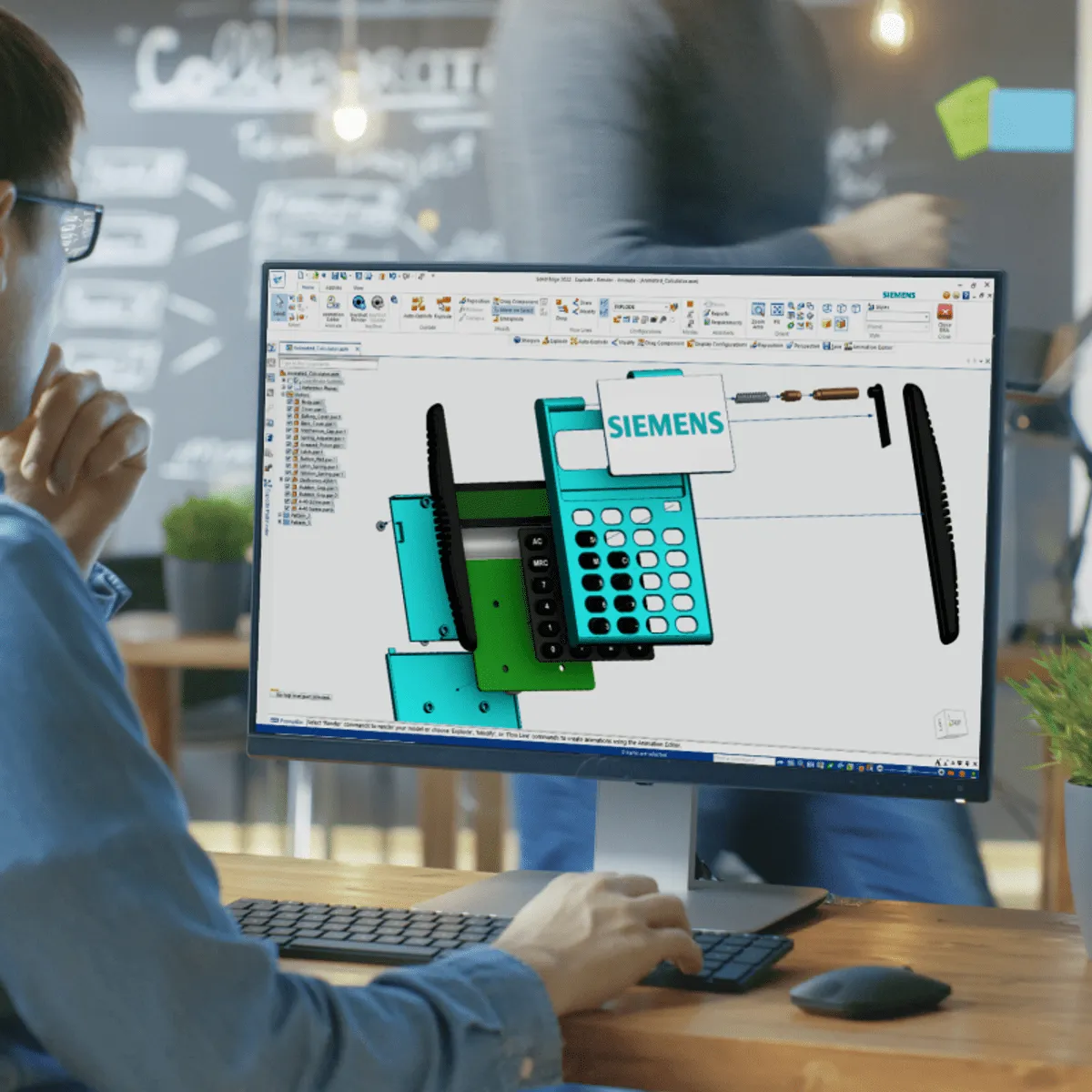
Roadmap to Success in Digital Manufacturing & Design 
This course provides learners with the tools to create a personalized roadmap to success in the digital manufacturing and design field. Through this roadmap, learners will be able to identify and leverage relevant opportunities to achieve their professional goals. ▼
ADVERTISEMENT
Course Feature
![]() Cost:
Cost:
Free
![]() Provider:
Provider:
Coursera
![]() Certificate:
Certificate:
Paid Certification
![]() Language:
Language:
English
![]() Start Date:
Start Date:
Self Paced
Course Overview
❗The content presented here is sourced directly from Coursera platform. For comprehensive course details, including enrollment information, simply click on the 'Go to class' link on our website.
Updated in [March 06th, 2023]
This course provides an introduction to the world of digital manufacturing and design. It is designed to help students understand the opportunities available in the industry, the roles of traditional and digital manufacturing, and the next generation of digital manufacturing and design.
The course begins with an overview of the industry and the opportunities available. Students will learn about the different roles of traditional and digital manufacturing, and the advantages and disadvantages of each. They will also explore the next generation of digital manufacturing and design, including the use of 3D printing, robotics, and artificial intelligence.
The course then moves on to project definition. Students will learn how to define a project, identify the stakeholders, and develop a project charter. They will also learn how to develop a project timeline and budget, and how to manage the project.
The course then focuses on industry opportunities. Students will learn about the different types of digital manufacturing and design, and the different types of jobs available in the industry. They will also explore the different types of technology used in digital manufacturing and design, and the different types of software used.
The course then moves on to traditional vs. digital manufacturing roles. Students will learn about the differences between traditional and digital manufacturing, and the advantages and disadvantages of each. They will also explore the different types of roles available in digital manufacturing and design, and the different types of skills needed for each role.
The course then focuses on the next generation of digital manufacturing and design. Students will learn about the different types of technology used in digital manufacturing and design, and the different types of software used. They will also explore the different types of jobs available in the industry, and the different types of skills needed for each role.
Finally, the course will cover project charter. Students will learn how to develop a project charter, and how to use it to manage the project. They will also learn how to develop a project timeline and budget, and how to manage the project.
At the end of the course, students will have a better understanding of the opportunities available in the digital manufacturing and design industry, the roles of traditional and digital manufacturing, and the next generation of digital manufacturing and design. They will also have the skills and knowledge needed to develop a project charter, manage a project, and develop a project timeline and budget.
[Applications]
The application of this course can be seen in the development of a roadmap to success in digital manufacturing and design. This roadmap should include an introduction to the project, an understanding of the industry opportunities, a comparison of traditional and digital manufacturing roles, and a project charter for the next generation of digital manufacturing and design. Additionally, the course can be used to develop a comprehensive understanding of the digital manufacturing and design process, as well as the tools and techniques used to create successful projects. Finally, the course can be used to develop a strategy for the implementation of digital manufacturing and design projects, as well as the necessary steps to ensure successful completion.
[Career Paths]
1. Digital Manufacturing Engineer: Digital Manufacturing Engineers are responsible for designing, developing, and implementing digital manufacturing processes and systems. They must have a strong understanding of the latest technologies and trends in the industry, as well as the ability to develop and maintain efficient and cost-effective solutions. This role is expected to grow significantly in the coming years as more companies move towards digital manufacturing.
2. Digital Design Engineer: Digital Design Engineers are responsible for creating and developing digital designs for products and services. They must have a strong understanding of the latest technologies and trends in the industry, as well as the ability to create innovative and efficient designs. This role is expected to grow significantly in the coming years as more companies move towards digital design.
3. Digital Manufacturing Technician: Digital Manufacturing Technicians are responsible for operating and maintaining digital manufacturing systems. They must have a strong understanding of the latest technologies and trends in the industry, as well as the ability to troubleshoot and repair digital manufacturing systems. This role is expected to grow significantly in the coming years as more companies move towards digital manufacturing.
4. Digital Manufacturing Consultant: Digital Manufacturing Consultants are responsible for providing advice and guidance to companies on digital manufacturing processes and systems. They must have a strong understanding of the latest technologies and trends in the industry, as well as the ability to develop and implement effective solutions. This role is expected to grow significantly in the coming years as more companies move towards digital manufacturing.
[Education Paths]
1. Bachelor of Science in Digital Manufacturing and Design: This degree program focuses on the development of digital manufacturing and design processes, including the use of computer-aided design (CAD) and computer-aided manufacturing (CAM) software. Students learn to create and manage digital models, analyze and optimize designs, and develop and implement digital manufacturing processes. This degree is becoming increasingly popular as the demand for digital manufacturing and design professionals grows.
2. Master of Science in Digital Manufacturing and Design: This degree program builds on the knowledge and skills acquired in a Bachelor of Science in Digital Manufacturing and Design. Students learn advanced topics such as advanced CAD/CAM software, robotics, 3D printing, and additive manufacturing. This degree is ideal for those looking to pursue a career in digital manufacturing and design.
3. Doctor of Philosophy in Digital Manufacturing and Design: This degree program is designed for those who wish to pursue a career in research and development in the field of digital manufacturing and design. Students learn advanced topics such as artificial intelligence, machine learning, and data science. This degree is ideal for those looking to pursue a career in research and development in the field of digital manufacturing and design.
4. Certificate in Digital Manufacturing and Design: This certificate program is designed for those who wish to gain a basic understanding of digital manufacturing and design. Students learn the fundamentals of CAD/CAM software, 3D printing, and additive manufacturing. This certificate is ideal for those looking to gain a basic understanding of digital manufacturing and design.
Course Syllabus
Self-Assessment: Strength, Weaknesses, Opportunities, and Threats (SWOT) Analysis
A Business Case for Digital Implementation
Your Future in Digital Manufacturing and Design
Self-Marketing Tools
Pros & Cons

Great experience

Useful information

Wonderful experience

Excellent Subject

Excellent Course

Great Course

Good Course

None
Course Provider

Provider Coursera's Stats at AZClass
Discussion and Reviews
0.0 (Based on 0 reviews)
Explore Similar Online Courses

Mathematics for Machine Learning: PCA

Save Time in Face Animation with Cartoon Animator 4 Pipeline

Python for Informatics: Exploring Information

Social Network Analysis

Introduction to Systematic Review and Meta-Analysis

The Analytics Edge

DCO042 - Python For Informatics

Causal Diagrams: Draw Your Assumptions Before Your Conclusions

Whole genome sequencing of bacterial genomes - tools and applications

Cyber Security in Manufacturing

Creating Toolpaths for a CNC Lathe

Introduction to Solid Edge
 Related Categories
Related Categories
 Popular Providers
Popular Providers
Quiz
 Submitted Sucessfully
Submitted Sucessfully
1. What is the main focus of this course?
2. What is the first step in the project definition process?
3. What is the main difference between traditional and digital manufacturing roles?
4. What is the main purpose of the course?
Correct Answer: To provide an overview of digital manufacturing and design.


Start your review of Roadmap to Success in Digital Manufacturing & Design